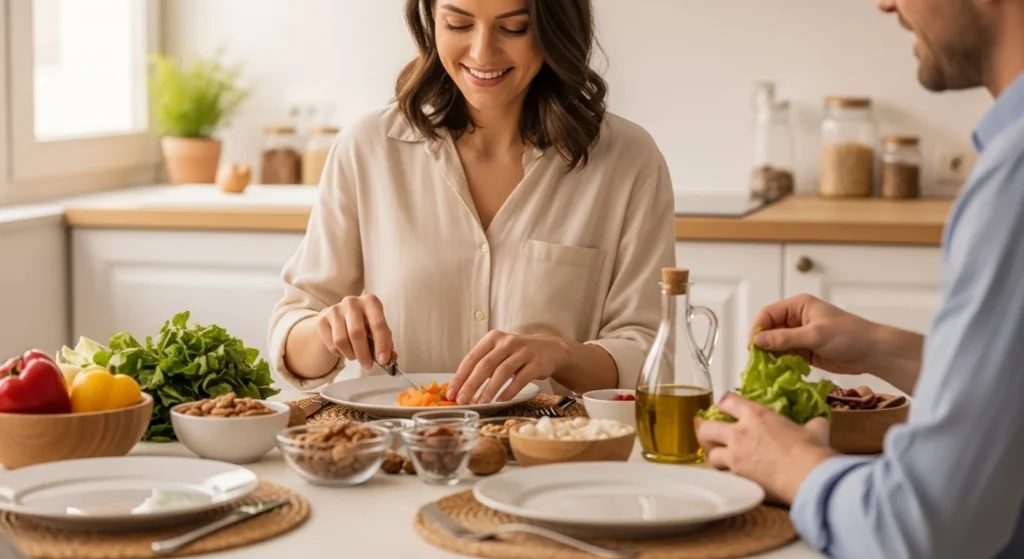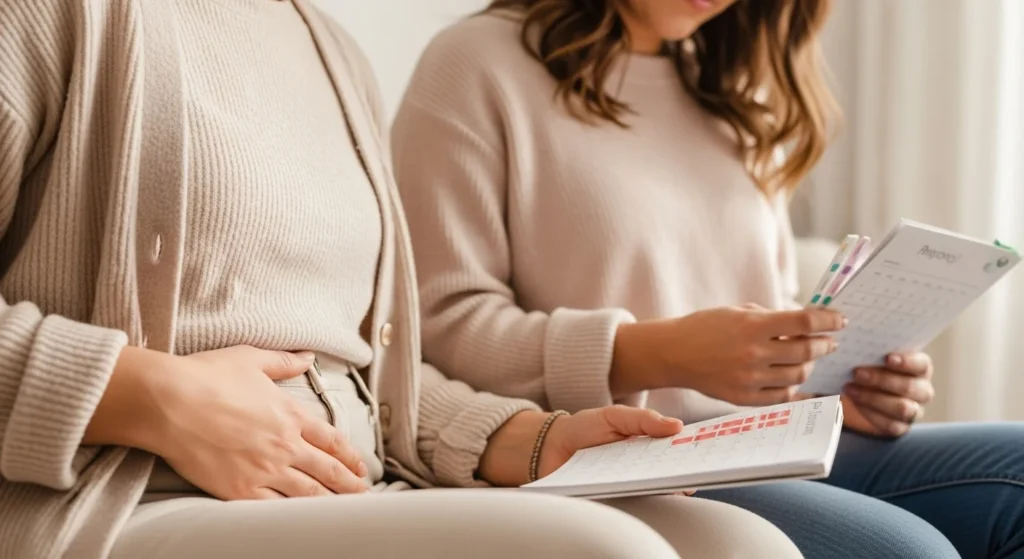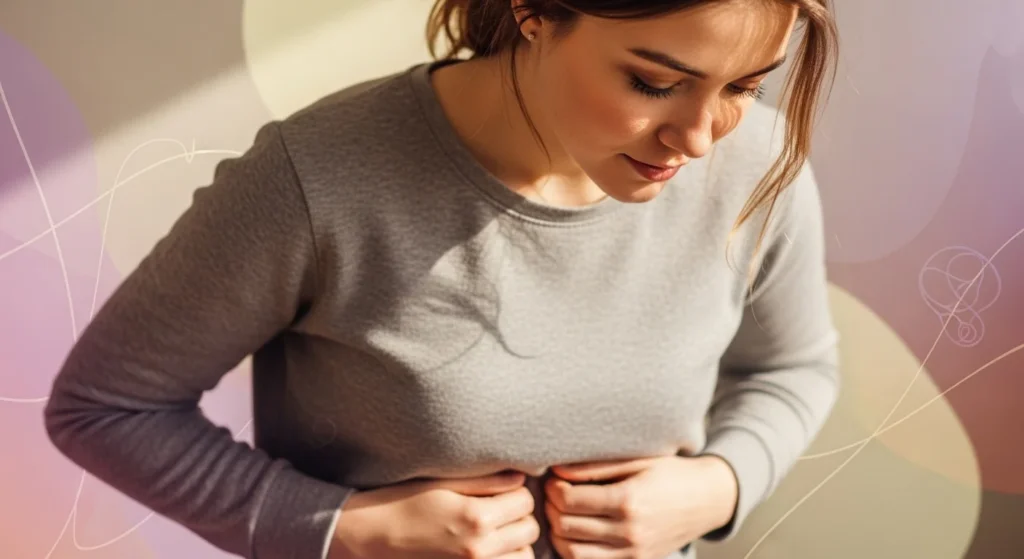What is the best age for a woman to get pregnant? — an evidence-based guide

Short answer (one line) Biologically, the “optimal” age for pregnancy is in the mid-20s to early-30s (highest natural conception rates and lowest age-related pregnancy complications). Fertility begins a measurable decline from around age 30 and accelerates after 35; risks and treatment complexities rise further after 40. These are population trends — personal health, ovarian reserve […]
What Foods & Lifestyle Factors Actually Boost Fertility

Short answer A whole-food, Mediterranean-style diet, healthy body weight, stopping smoking/vaping, minimising alcohol, regular moderate exercise, good sleep and reducing environmental exposures (air pollution, occupational toxins) are the highest-impact, evidence-backed ways to improve fertility for both people trying to conceive and their partners. Why this topic matters Fertility is multifactorial: oocyte quality and quantity, sperm […]
How to Increase Your Chances of Getting Pregnant

Quick summary (what you’ll learn) This long-form guide explains the highest-impact, research-backed actions couples can take to improve natural conception and prepare for fertility treatment if needed. It covers timing, preconception nutrition, lifestyle (weight, alcohol, smoking/vaping), male fertility, common medical causes (PCOS, ovulatory disorders), when to seek investigation, and practical next steps. 1) The single […]
Can Endometriosis Cause Infertility?

Short answer Yes, endometriosis commonly reduces fertility through multiple mechanisms (anatomical distortion, adhesions, local inflammation and impaired ovarian reserve), and its impact varies by disease type and severity; however, many people with endometriosis do conceive naturally or with treatment, and modern care is individualised to balance fertility preservation with symptom control. Why this question matters […]
